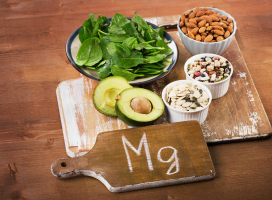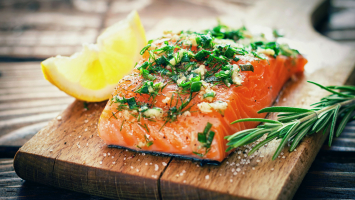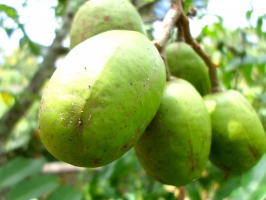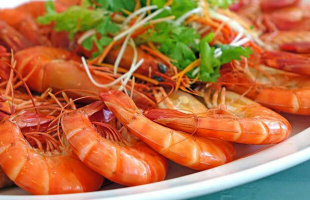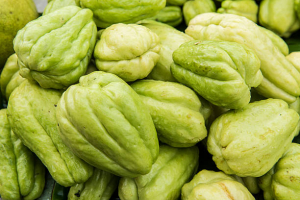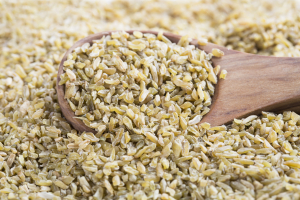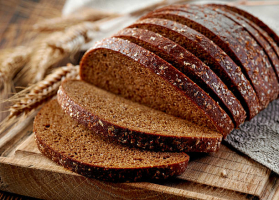Top 7 Evidence-Based Health Benefits of Bananas
Bananas are one of the most affordable fresh fruits and are extremely healthy, convenient, and delicious. This makes them an excellent choice for anyone ... read more...looking to eat healthily. In this article, Toplist will list the best evidence-based health benefits of bananas that you may know.
-
Bananas have a good amount of fiber and antioxidants. A regular-sized banana (126 g) also contains:
- Calories: 112
- Fat: 0 grams
- Protein: 1 gram
- Carbs: 29 grams
- Fiber: 3 grams
- Vitamin C: 12% of the Daily Value (DV)
- Riboflavin: 7% of the DV
- Folate: 6% of the DV
- Niacin: 5% of the DV
- Copper: 11% of the DV
- Potassium: 10% of the DV
- Magnesium: 8% of the DV
One banana contains almost entirely water and carbohydrates and contains approximately 112 calories. They contain very little protein and no fat. The carbohydrates in green, unripe bananas are mostly starch and resistant starch — a type of indigestible fiber. The flavor of the fruit sweetens as it ripens, while the fiber content decreases.
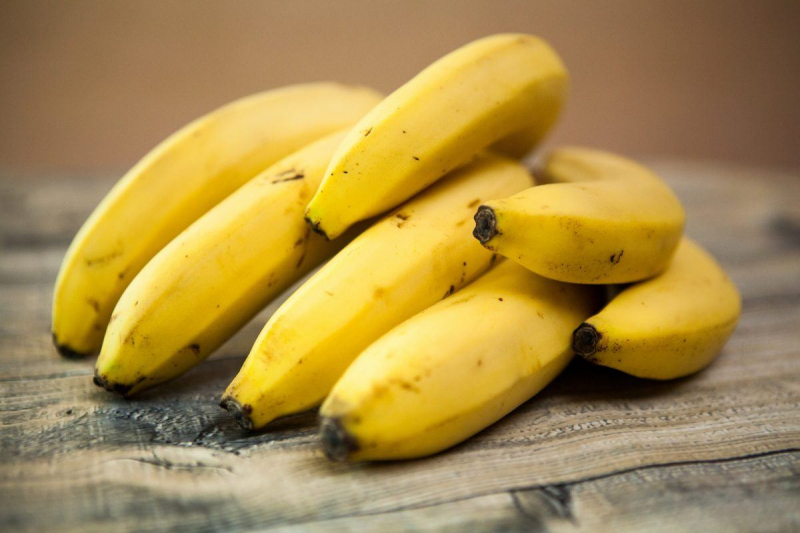
Rich in nutrients 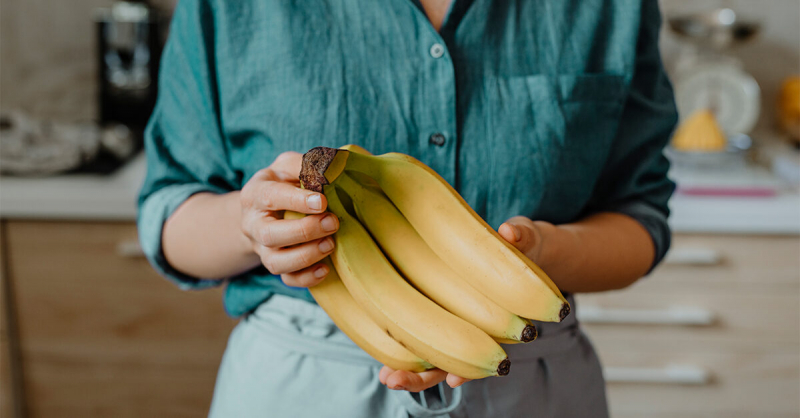
Rich in nutrients -
Bananas contain a lot of soluble fiber. Soluble fiber dissolves in liquid to form a gel during digestion. It is also responsible for the sponge-like texture of bananas. Unripe bananas also contain resistant starch, which your body does not digest. These two types of fiber, when combined, may help to regulate your blood sugar levels after meals. Furthermore, they may help regulate your appetite by slowing stomach emptying.
This means that, despite their higher carb content, bananas will not cause significant blood sugar spikes in healthy people. While people with diabetes can eat bananas, it is not recommended that they consume a large amount in one sitting.
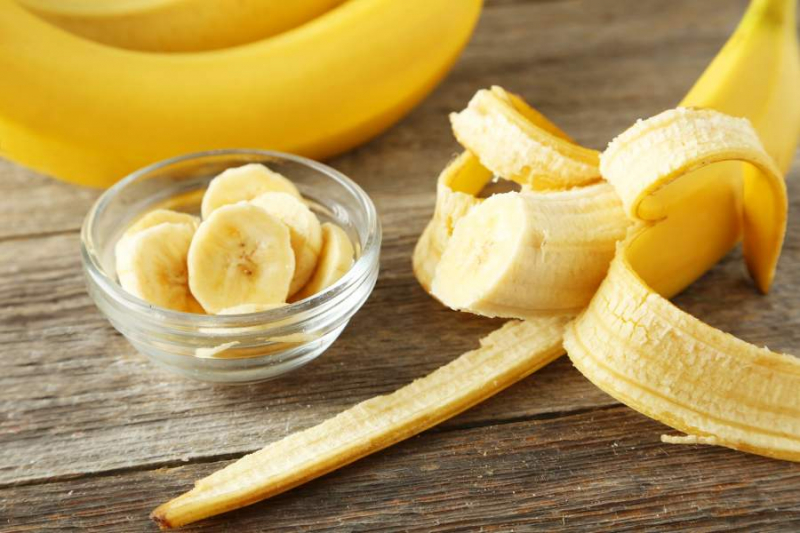
May improve blood sugar levels 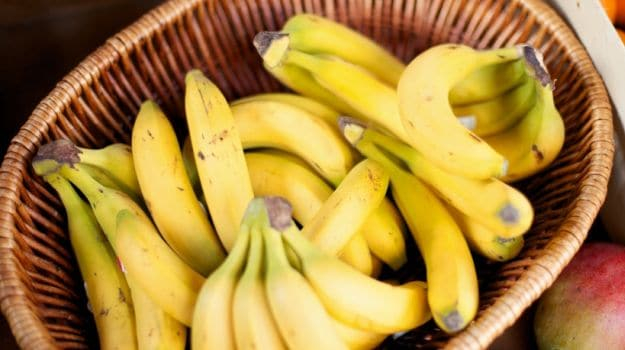
May improve blood sugar levels -
The fiber in the diet has been linked to a variety of health benefits, including improved digestion. One medium banana contains about 3 grams of fiber. Prebiotic fiber is resistant starch, which is found in unripe bananas. Prebiotics bypass digestion and end up in your large intestine, where they feed the good bacteria in your gut.
Furthermore, pectin, a fiber found in both ripe and unripe bananas, may aid in constipation prevention and stool softening. Some in vitro studies even suggest that pectin may help protect against colon cancer, though human studies are needed to confirm this benefit.
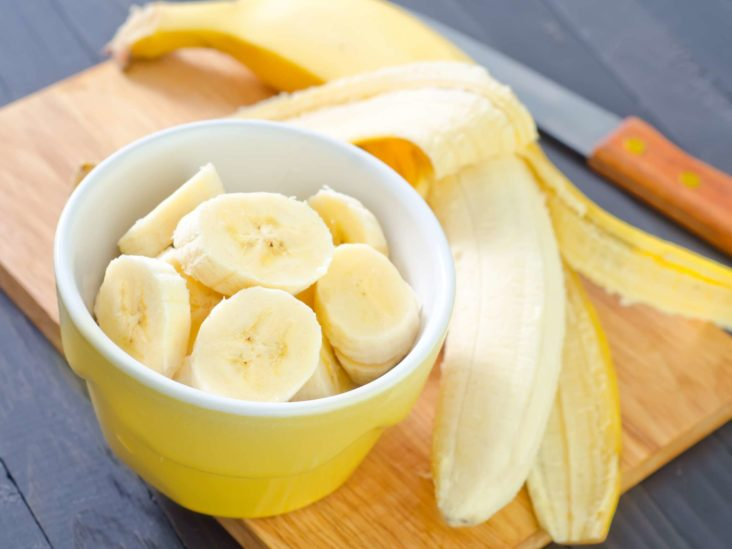
May support digestive health 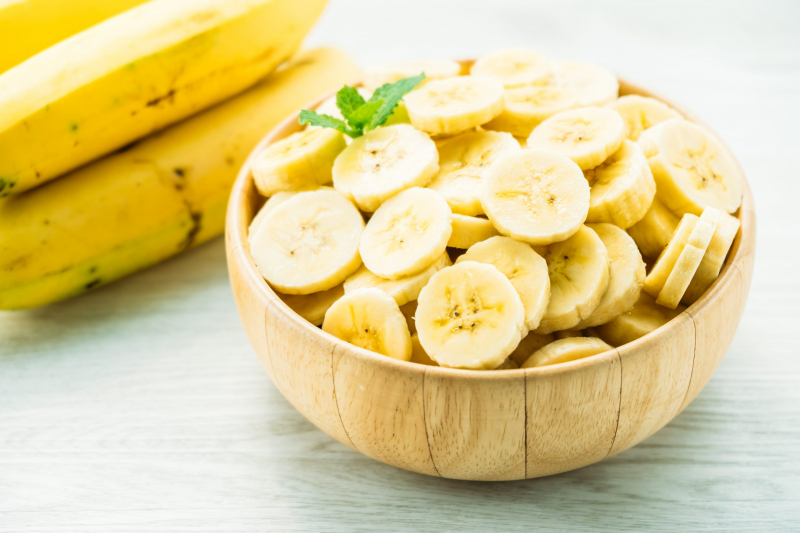
May support digestive health -
There has been no direct study on the effects of bananas on weight loss. This popular fruit, on the other hand, has several properties that could make it a weight-loss-friendly food. First and foremost, bananas are low in calories. The average banana contains slightly more than 100 calories, but it is both nutritious and filling. Consuming more fiber from vegetables and fruits has been linked to lower body weight and weight loss on numerous occasions.
Furthermore, unripe bananas are high in resistant starch, making them fill and decreasing your appetite. If you want to incorporate unripe bananas into your diet, prepare them in the same way you would plantains. They go well with yogurt, cereal, and smoothies, and they're delicious as a topping on whole-grain toast with peanut butter. You can even substitute them for sugar in baking and cooking.
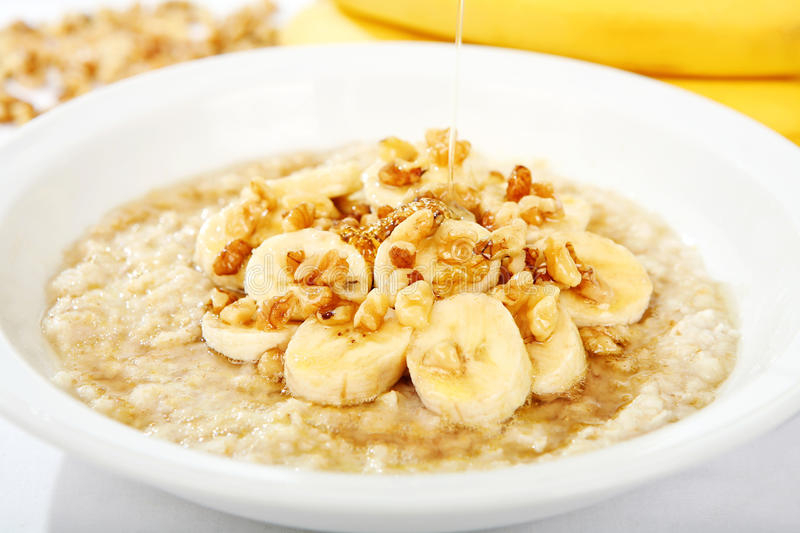
May aid weight loss 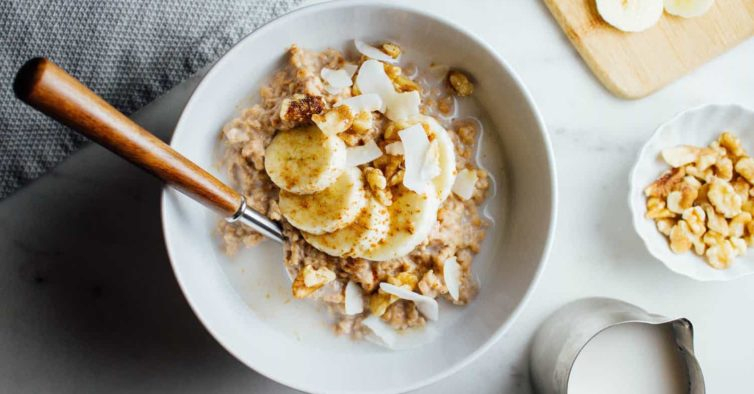
May aid weight loss -
Potassium is a mineral that is essential for heart health, particularly blood pressure control. Despite its importance, few people consume enough potassium. Bananas are a convenient source of potassium, with a medium-sized banana (126 grams) providing 10% of the DV. A potassium-rich diet can aid in blood pressure reduction. Furthermore, older research and animal studies show that people who consume plenty of potassium have a 27 percent lower risk of heart disease.
Moreover, bananas contain 8% of the daily value of magnesium, another mineral important for heart health. Magnesium deficiency may be associated with an increased risk of heart disease, high blood pressure, and high-fat levels in the blood. As a result, it is critical that you get enough of the mineral through your diet or supplements.
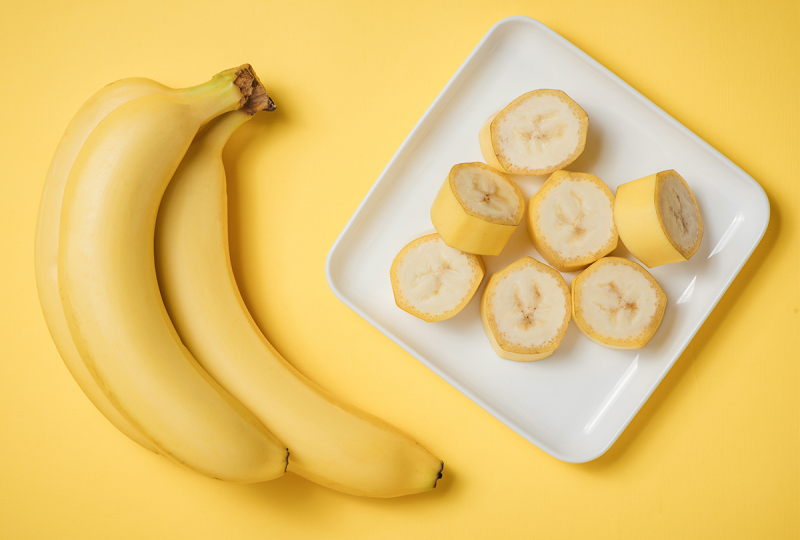
May support heart health 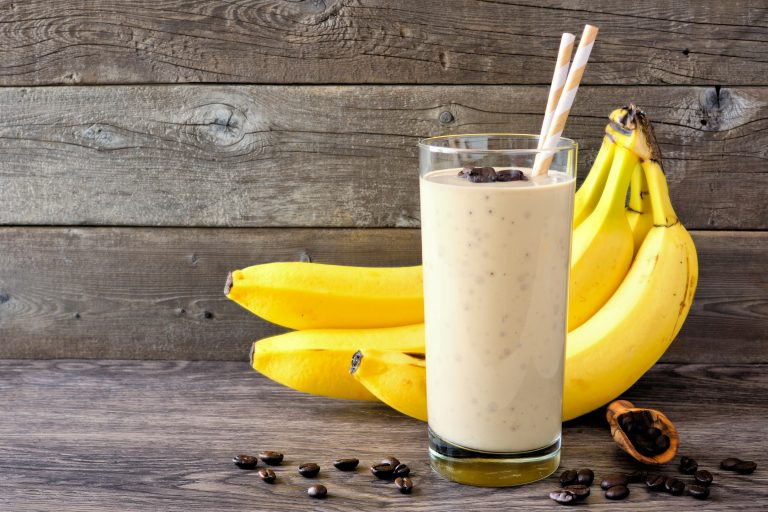
May support heart health -
Bananas are an excellent source of dietary antioxidants, as are other fruits and vegetables. They contain a variety of powerful antioxidants, such as flavonoids and amines.
These antioxidants have been linked to a variety of health benefits, including a lower risk of heart disease and degenerative diseases. They aid in the prevention of free radical-caused oxidative damage to your cells. Without antioxidants, free radicals can accumulate over time and cause harm if their levels in your body become high enough.
Dopamine is also one of the antioxidants. But people often misunderstand that the dopamine in bananas acts as a brain stimulant. In fact, the dopamine in bananas does not cross the blood-brain barrier. It acts merely as a potent antioxidant rather than as a hormone or mood changer.
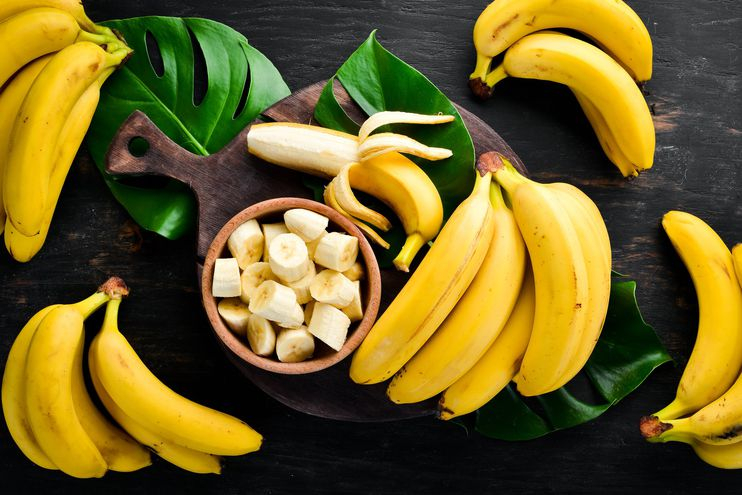
Full of antioxidants 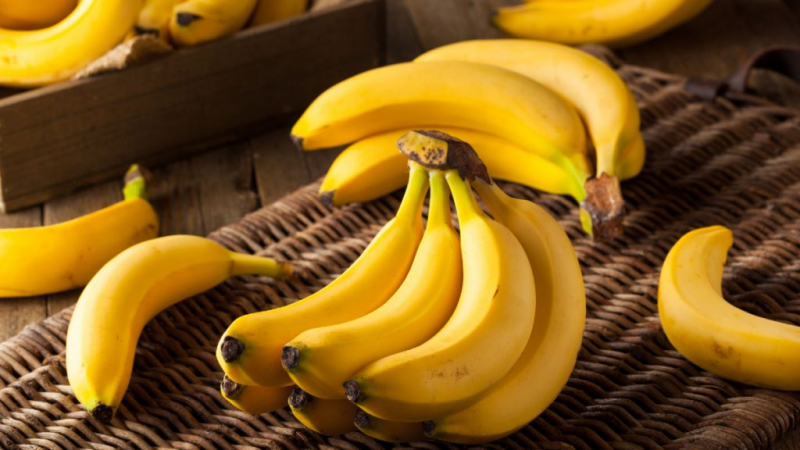
Full of antioxidants -
Bananas are sometimes referred to as the ideal sports food. This is primarily due to their high concentration of easily digestible carbohydrates, as well as the minerals potassium and magnesium, both of which act as electrolytes.
During vigorous exercise, electrolytes are lost through sweat. Resupplying your body with potassium and magnesium after sweating, such as with a banana, may help to reduce exercise-related muscle cramps and soreness. However, there is a lack of specific research on the effects of bananas on exercise performance, cramping, and recovery. But even so, bananas are an excellent source of nutrition before, during, and after exercise.
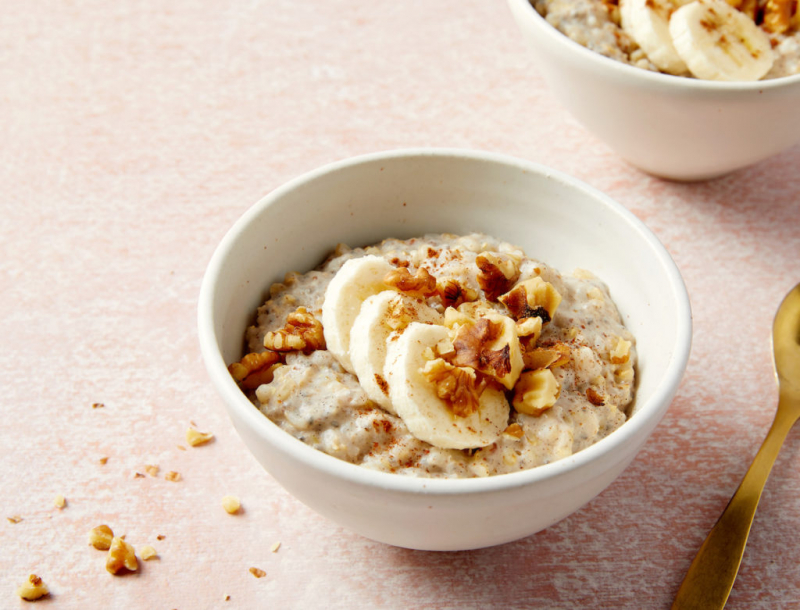
May support exercise recovery 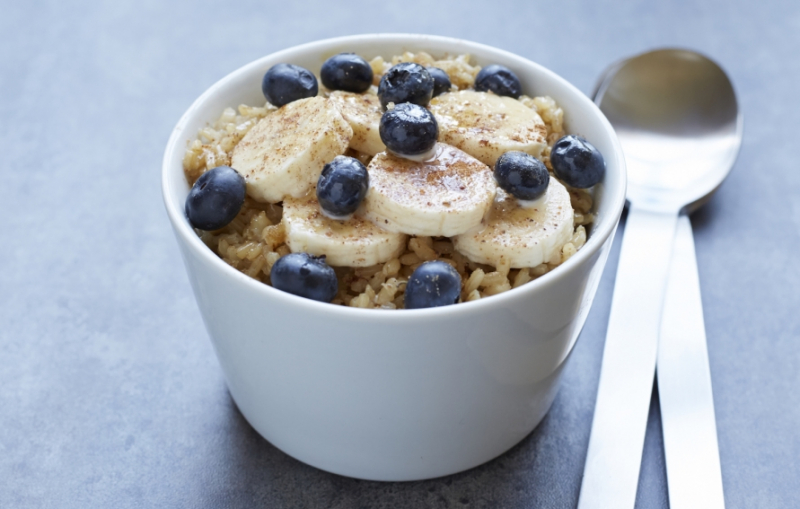
May support exercise recovery









